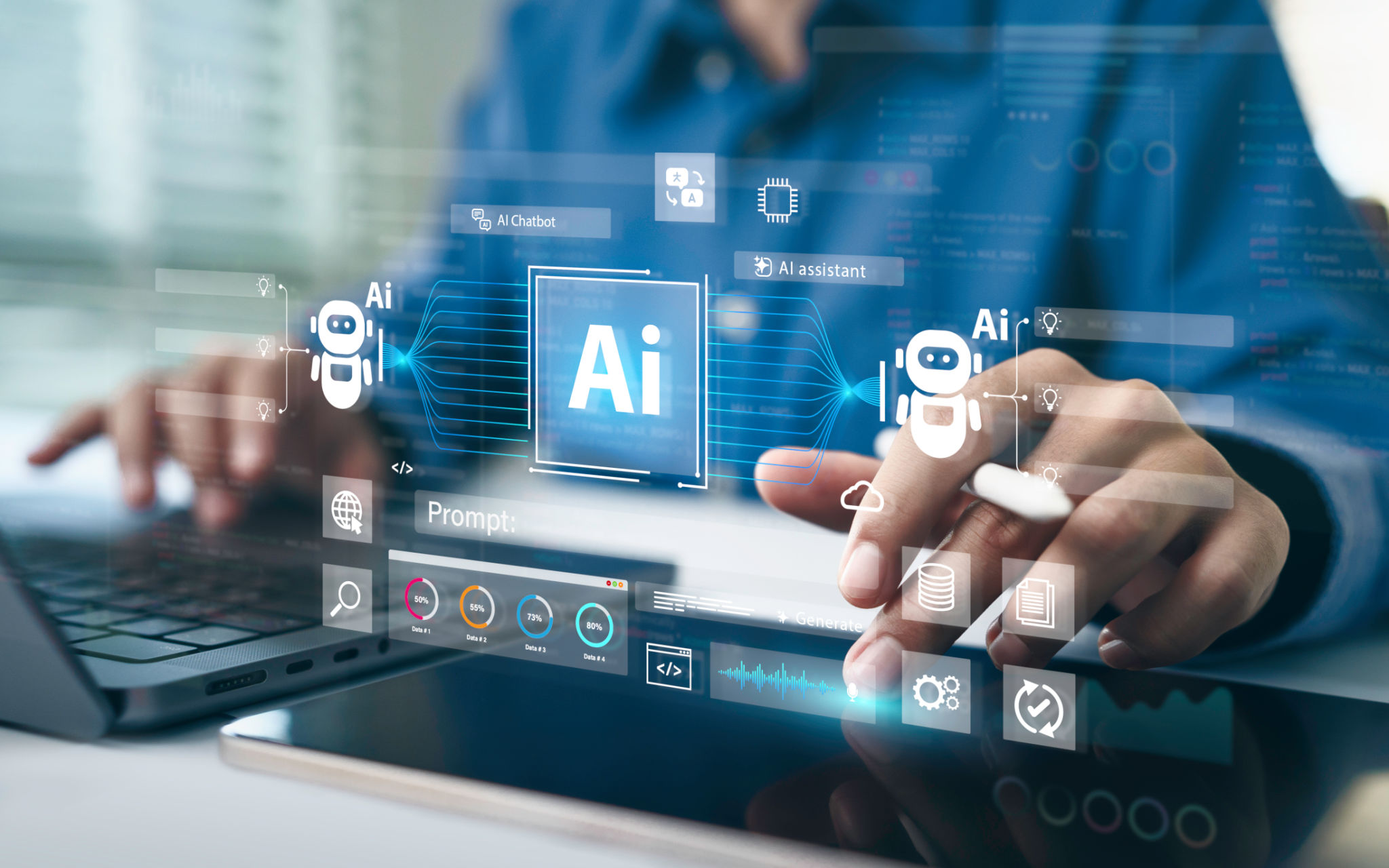Top Hardware Innovations Shaping the Future
Al
The Rise of Quantum Computing
Quantum computing is revolutionizing the way we process information. Unlike classical computers that use bits as the smallest unit of data, quantum computers use qubits, which can exist in multiple states simultaneously. This capability allows quantum computers to perform complex calculations at unprecedented speeds. Industries such as pharmaceuticals, cryptography, and finance are already exploring quantum computing to solve problems that were previously thought unsolvable.

Applications and Future Potential
The potential applications of quantum computing are vast. In healthcare, it could lead to breakthroughs in drug discovery by simulating molecular interactions with high precision. In cybersecurity, quantum algorithms promise to enhance encryption methods, making data virtually impenetrable. As research progresses, we can expect to see more practical applications emerging, reshaping various sectors and creating new opportunities.
Advancements in Artificial Intelligence Hardware
Artificial intelligence (AI) continues to evolve rapidly, and hardware innovations are crucial to supporting this growth. Specialized AI chips are being developed to optimize machine learning tasks, enabling faster processing and energy efficiency. These chips are designed to handle the massive data sets required for training AI models, significantly reducing the time it takes to develop intelligent systems.

Impact on Industries
The impact of these advancements is evident across multiple industries. In manufacturing, AI-powered robots increase efficiency by automating repetitive tasks and improving quality control. In the automotive industry, AI chips are integral to the development of autonomous vehicles, allowing them to process environmental data in real-time for safe navigation. As AI hardware continues to improve, its influence on various sectors will only grow.
The Revolution of 5G Networks
5G networks are set to transform connectivity around the world. With faster data speeds and reduced latency, 5G technology will enable new applications that were previously impractical. This includes everything from augmented reality experiences to the Internet of Things (IoT) devices communicating seamlessly in smart cities.

Enhancing Connectivity
5G's ability to handle a vast number of connected devices simultaneously makes it ideal for supporting IoT ecosystems. Smart homes, for instance, can benefit from real-time data exchange between appliances, enhancing energy efficiency and convenience. Furthermore, industries such as healthcare can leverage 5G for remote surgeries and telemedicine, bringing quality healthcare to remote areas.
Innovative Energy Solutions
As the world moves towards sustainable energy, innovative hardware solutions are paving the way for a greener future. Advanced battery technologies are emerging, offering higher energy densities and longer lifespans. These batteries are crucial for electric vehicles and renewable energy storage, facilitating a transition away from fossil fuels.

Future Outlook
The development of solid-state batteries is a promising innovation in energy storage. These batteries are safer and more efficient than traditional lithium-ion batteries, making them ideal for a wide range of applications. As renewable energy sources like solar and wind become more prevalent, efficient energy storage solutions will be essential to ensure consistent power supply.
The Role of Edge Computing
Edge computing is gaining traction as a solution for processing data closer to its source. By decentralizing data processing, edge computing reduces latency and bandwidth usage, making it ideal for real-time applications. This approach is especially beneficial for IoT devices that require immediate data analysis and response.

Transforming Data Processing
With edge computing, industries can enhance their operations by optimizing data flow and reducing reliance on centralized cloud servers. In agriculture, for example, edge devices can analyze soil conditions and weather patterns on-site, allowing for precise irrigation and crop management. As more devices become connected, edge computing will play a critical role in managing the vast amounts of data generated.